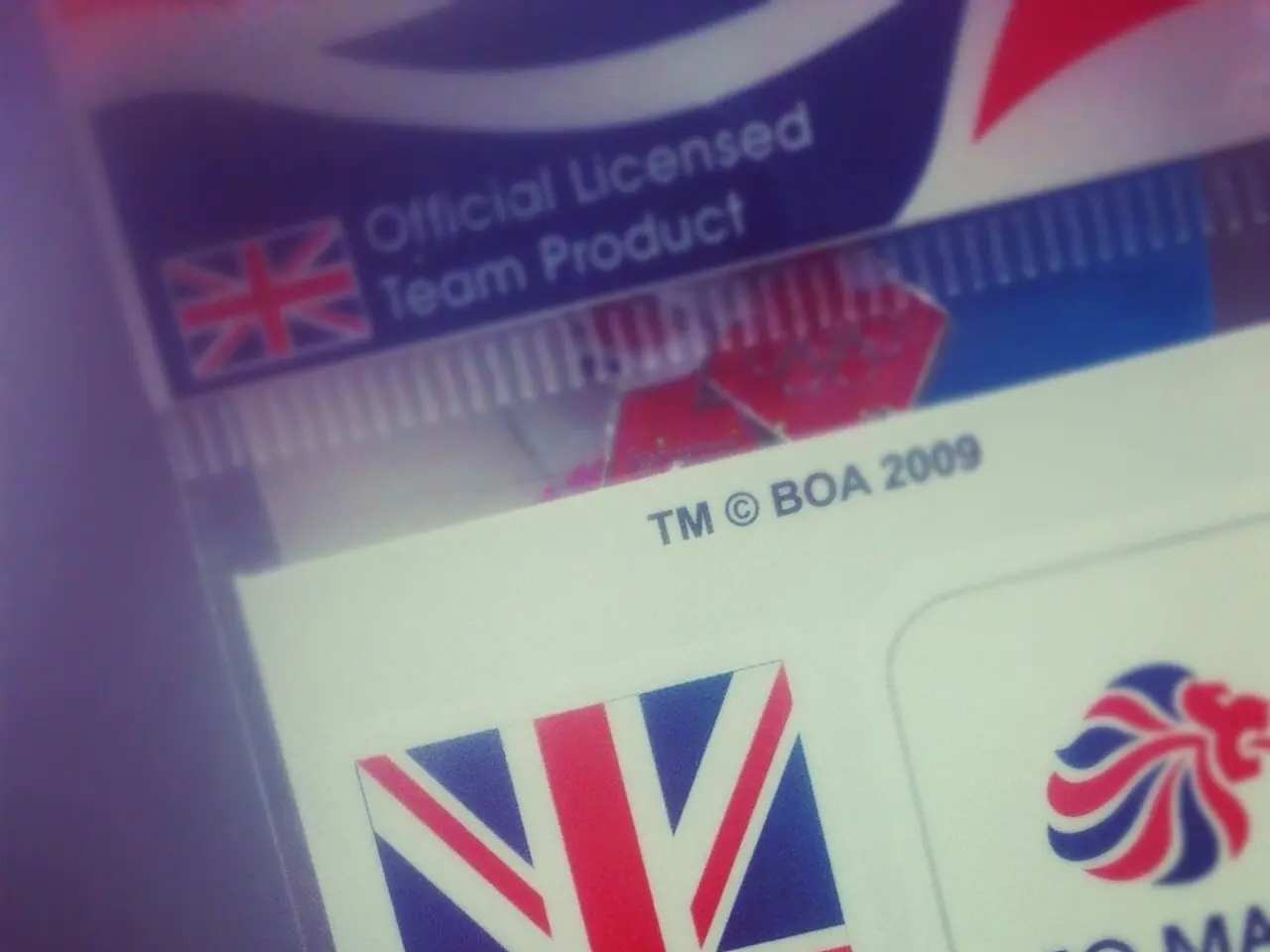Tax Solutions for Small Enterprise Proprietors
Effective Tax Planning: Strategies for Small Business Stability and Profitability
Maintaining financial stability and reducing unnecessary expenses is a crucial priority for small business owners. One pivotal aspect of this pursuit is effective tax planning, which entails adopting strategies that minimize tax burdens while ensuring compliance with regulations.
Small businesses can benefit significantly from an ongoing, proactive approach to tax planning. By strategically managing expenses, increasing savings, and understanding the tax implications of various business structures, they can optimize their finances and achieve long-term growth.
Proper tax planning presents an opportunity for businesses to lawfully reduce their taxable income using available deductions and credits. For example, expenses related to operating a business such as marketing, travel, or office rental often qualify for deductions, lowering the taxable amount.
A well-structured tax strategy not only minimizes taxes but also fosters confidence and predictability in financial management, allowing owners to focus on business growth instead of scrambling to meet obligations.
Business structures play a significant role in tax responsibilities. Entities like sole proprietorships, partnerships, LLCs, S corporations, and C corporations come with distinct tax implications. For instance, sole proprietorships may be straightforward to establish but could lead to personal liability for business debts. On the other hand, LLCs provide flexibility and asset protection, while allowing profits to pass through to the owner's tax return.
S corporations offer another tax-saving opportunity by enabling owners to reduce self-employment taxes through a reasonable salary and distributions. Meanwhile, C corporations, subject to double taxation, might benefit those reinvesting profits due to lower corporate tax rates in specific scenarios. Assessing these structures with the help of a qualified tax professional can ensure the business's objectives align with the most tax-efficient structure.
Tax deductions are essential in managing tax liability. Identifying eligible deductions helps lower taxable income and includes common expenses like professional services, employee wages, and advertising. Businesses can also benefit from a home office deduction by claiming a portion of expenses like rent, utilities, or insurance. However, strict requirements must be met, such as using the home office exclusively for business purposes.
Another often-overlooked aspect is depreciation, which applies to assets like equipment, machinery, or property. Spreading the cost of these assets over their useful life helps reduce taxable income systematically. Accurate record-keeping is vital to ensure deductions are applied correctly and can withstand scrutiny during audits.
Retirement planning also offers dual benefits: financial security and immediate tax savings. Small business owners can contribute to retirement accounts like SEP IRAs or solo 401(k)s, with these contributions being tax-deductible and building long-term wealth. Offering retirement benefits to employees can also bring tax advantages by allowing tax-deductible contributions and serving as incentives for talent attraction and retention.
Small business owners often need to make quarterly estimated tax payments, especially if they lack tax withholdings through a traditional paycheck. Meeting these requirements, understanding how to calculate them, and setting aside funds regularly can help avoid penalties and ensure financial stability.
Good record-keeping is the bedrock of tax efficiency. Consistently maintaining financial records makes it easier to track income and expenses while ensuring that every eligible deduction is claimed. Organized records provide solid evidence in support of tax filings and offer a detailed overview of the company's financial health.
Tax professionals or CPAs can add value by offering their expertise on the latest tax laws and identifying deductions that might be overlooked. Their tailored advice based on the business's specific operations and financial objectives further supports compliance and long-term financial stability.
Preparing for future tax seasons involves ongoing financial reviews and strategic planning. Regularly reviewing financial reports before making adjustments ensures early optimization of deductions and tax strategies. Setting aside funds throughout the year for tax payments also minimizes the risk of cash flow issues when taxes are due.
By adopting effective tax strategies, such as choosing the right business structure, maximizing deductions, and hiring a professional when necessary, small business owners can gain confidence in their financial management. Proper planning helps turn a routine obligation into an opportunity for financial optimization, improving profitability and supporting sustainable growth over time.
- By strategically managing expenses, increasing savings, and understanding the tax implications of various business structures, small businesses can optimize their finances and achieve long-term growth.
- A well-structured tax strategy not only minimizes taxes but also fosters confidence and predictability in financial management.
- Business structures like sole proprietorships, partnerships, LLCs, S corporations, and C corporations have distinct tax implications, and assessing these structures with the help of a qualified tax professional can ensure the business's objectives align with the most tax-efficient structure.
- Tax deductions are essential in managing tax liability, and identifying eligible deductions helps lower taxable income for businesses.
- Retirement planning offers dual benefits: financial security and immediate tax savings, with contributions to retirement accounts like SEP IRAs or solo 401(k)s being tax-deductible.
- Good record-keeping is the bedrock of tax efficiency, making it easier to track income and expenses while ensuring that every eligible deduction is claimed.
- Preparing for future tax seasons involves ongoing financial reviews and strategic planning with the help of tax professionals or CPAs to optimize deductions and tax strategies.




